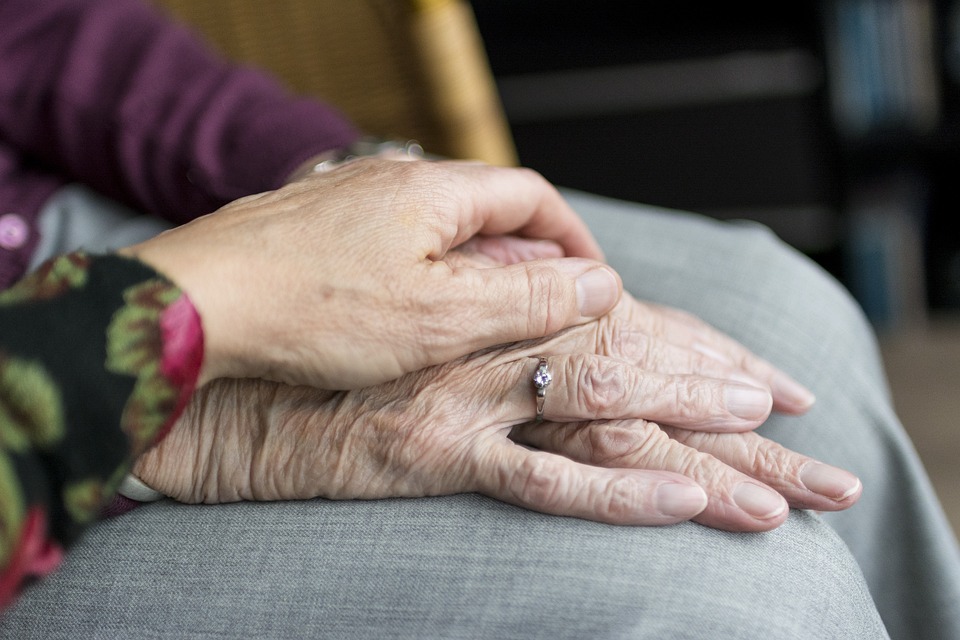
The APS has released advice about how to manage your mental health, following the World Health Organization’s declaration of coronavirus as a Public Health Emergency of International Concern.
In the wake of the coronavirus outbreak, psychologists have sought to reassure the public by providing advice to help prevent people from becoming overwhelmed.
ASP President Ros Knight said it is reasonable and understandable that people are concerned, but panicking is not a helpful way to respond.
“As humans, we are hardwired to be afraid of the unknown and of something that appears random and uncontrollable. If you find yourself becoming anxious about coronavirus, try to remember that medical and scientific experts are following strict protocols to contain the virus and treat those affected.”
“Exposing yourself to a constant stream of negative information takes a huge psychological toll. Avoid reading social media posts that warn of an apocalypse and don’t get drawn into doomsday discussions. Sticking to the facts and relying on scientific sources for your information is the best way to maintain perspective and manage your feelings positively.”
“Remain calm and practical and continue with your usual regime, as much as you can. Observe good hygiene habits, like washing your hands and avoiding close contact with people who are unwell, and, it makes you feel better, wear an appropriate mask in public.”
Ms Knight added that parents and caregivers need to be aware that the situation might be having an effect on children.
“We know that children absorb information from the news, social media, and discussions adults have around them. Some children have been excluded from school. Parents and caregivers may need to carefully explain to their children why they can’t go to school or why one of their friends is not there.”
“Research shows that being open and honest with children is the best way to help them cope with serious situations.
“Sharing the news will help children to not feel excluded, imagine the situation is worse than it really is or, even, blame themselves. Sharing information shows that you trust and value them, which can enhance their resilience.
“Try not to overload children with too many details. Give small amounts of information, wait and then ask if they have any questions,” she said.
The Australian Government Department of Health advises that if you become unwell and suspect you may have symptoms of coronavirus, you must seek medical attention. Please ring ahead of time to book an appointment with a GP, to help make them aware of your symptoms and your travel history. Call 000 if you need urgent medical help.
For up-to-date information, contact one of these trusted sources:
- The Australian Government Department of Health at
- The Public Health Information Line on1800 004 599
- Your local public health agency:
- Australian Capital Territory:








